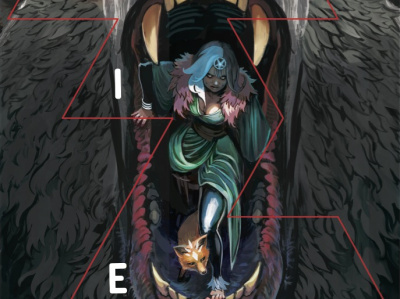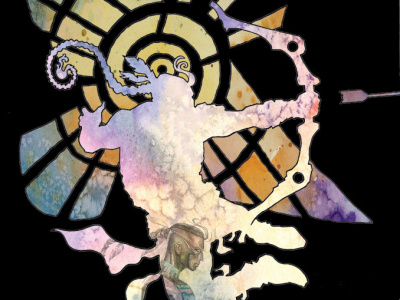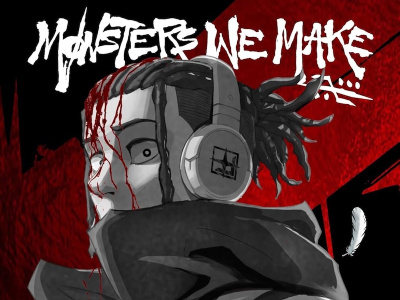
The Comic Book Legal Defense Fund is forming a coalition in order to support the legal defense of an American citizen who is facing charges in Canada that could result in a mandatory minimum sentence of one year in prison. This incident is the most serious in a disturbing trend noticed by the CBLDF involving the search and seizure of print and electronic comic books carried by travelers crossing national boundaries.
The CBLDF has agreed to assist in the case by contributing funds to the defense, which it is estimated could cost $150,000, as well by providing access to expert witnesses and assistance on legal strategy.
The defendant in the case, whose name is being withheld as part of a legal strategy, is a computer-programmer and comic book fan in his mid-twenties. He was on his way to visit a friend in Canada when a Canadian customs official conducted a search of the man and his personal belongings including his laptop, iPad, and iPhone. The customs officer discovered the manga, believed to be a doujinshi (fan-created) comic of the mainstream manga series Magical Girl Lyrical Nanoha, and declared it was “child pornography.” The man is being charged with violating sections 163.1 (3) and 163.1 (4) of the Criminal Code of Canada, which prohibits both the importation and possession of child pornography.
Japanese publishers are much more lenient about allowing amateurs to create works featuring their licensed characters, which has led to a large market for “doujinshi” in Japan where self-published works featuring licensed characters are often sold in the thousands, and publishers regularly mine the ranks of doujinshi creators for new talent. But a substantial portion of doujinshi creation is often similar to the “Tijuana Bibles” in that they depict licensed characters in sexual situations.
The images at issue are all comics in the manga style and the crux of the case, in addition to protecting the privacy rights of travelers, is the increasingly urgent issue of authorities prosecuting art as child pornography. No photographic evidence of criminal behavior is involved in the case.







